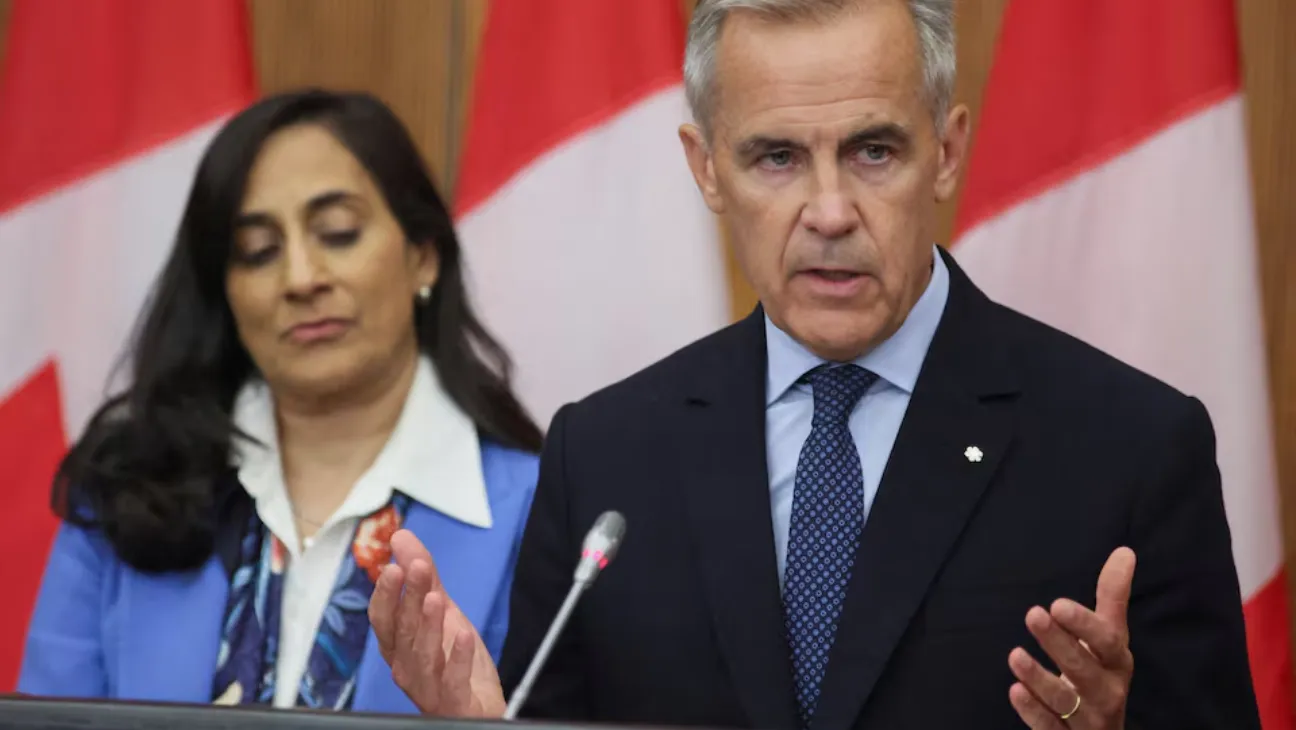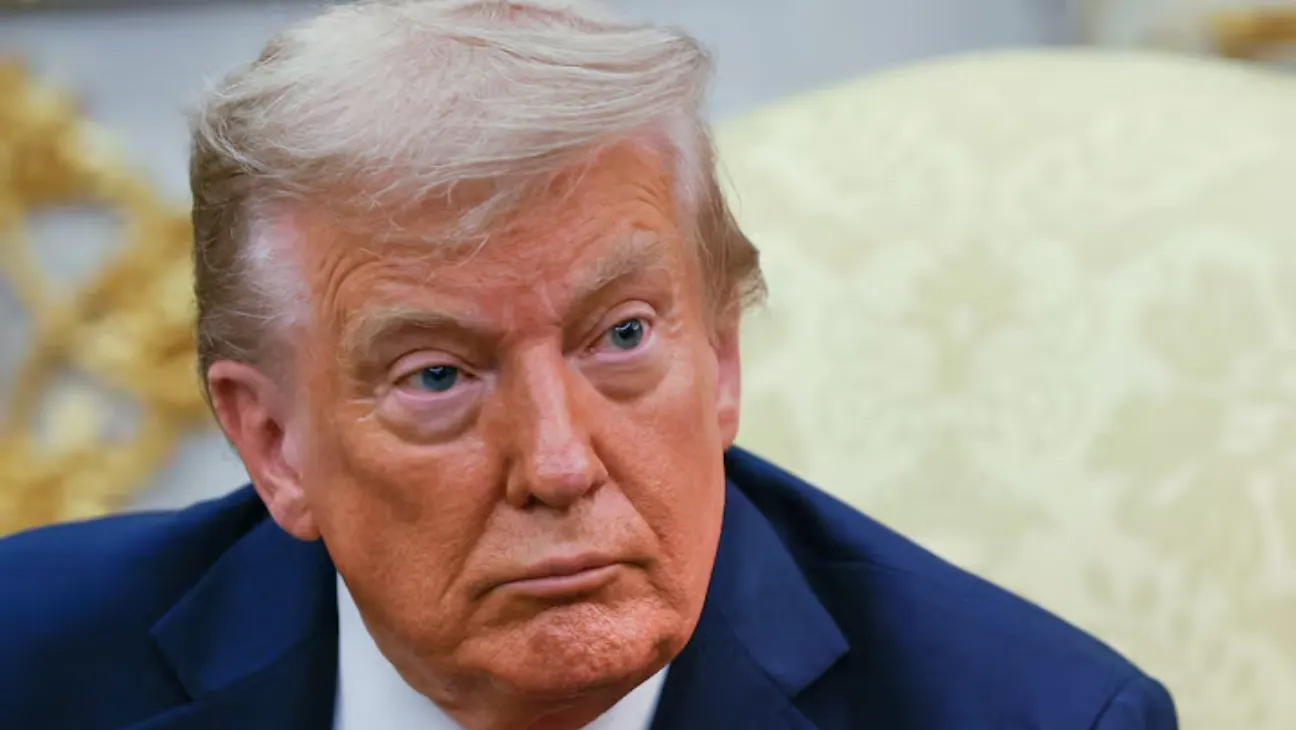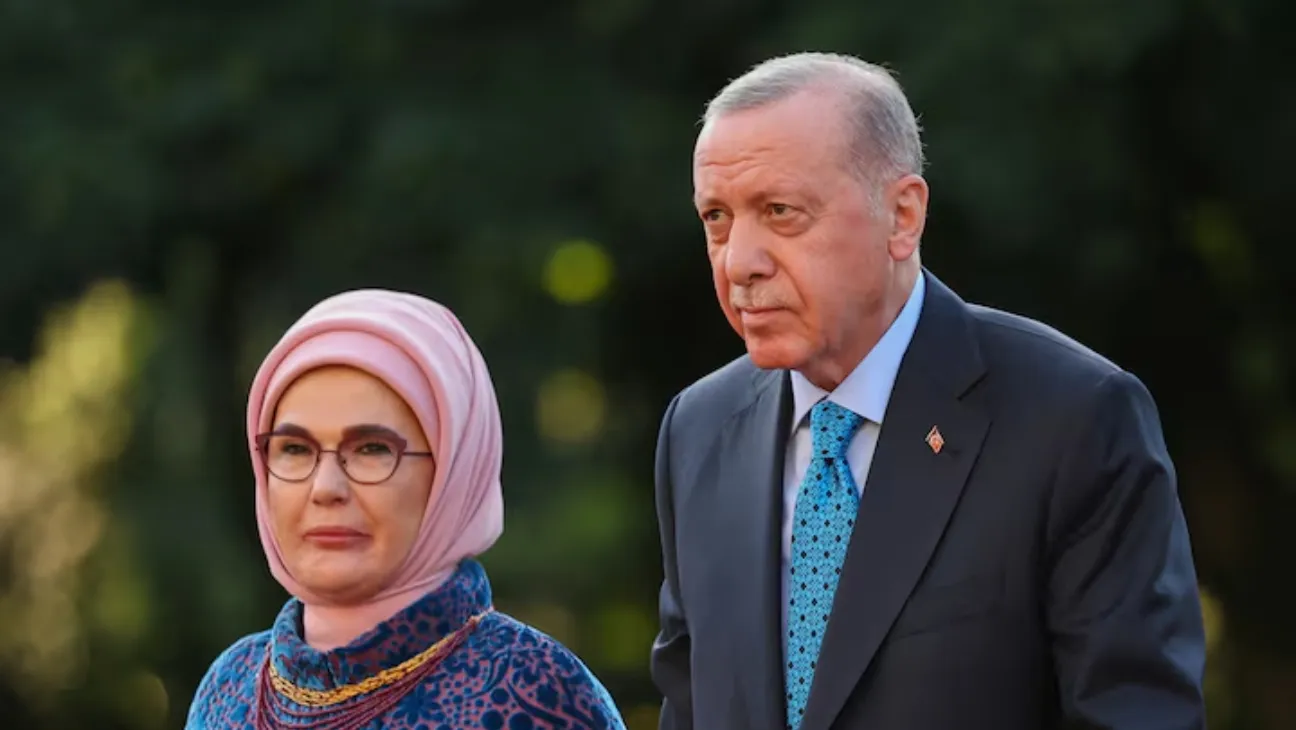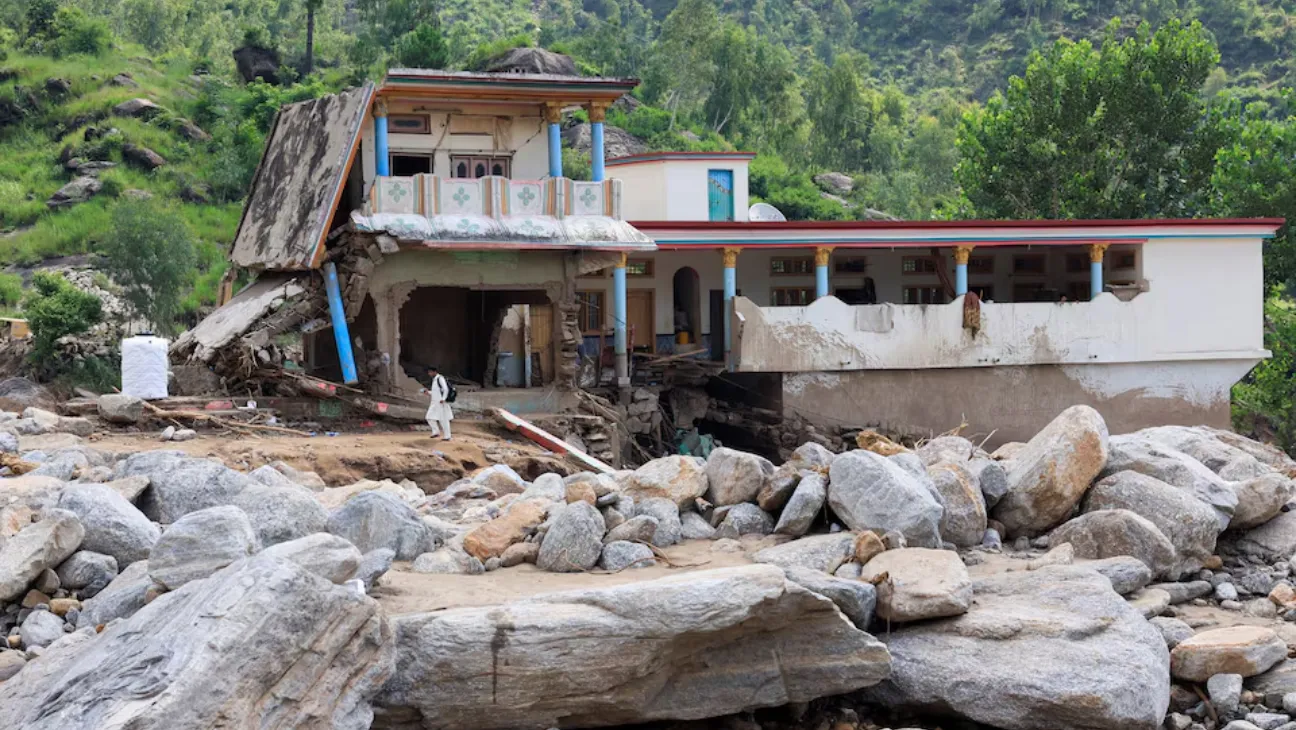Pointing to the worsening humanitarian crisis in Gaza, Prime Minister Mark Carney said Wednesday that it’s time for Canada to act.
He announced that the country will recognize the State of Palestine at the UN this September, calling it a necessary step toward a two-state solution.
The move puts Canada in line with allies like France and Britain, who have threatened to do the same if the war in Gaza is still raging when the UN General Assembly meets.
Carney explained that while the decision followed weeks of internal debate, it was the horrific scenes of widespread hunger in the enclave that ultimately forced their hand.
“The prospect of a Palestinian state is literally receding before our eyes,” he told reporters in Ottawa. “Canada condemns the fact that the Israeli government has allowed a catastrophe to unfold in Gaza.”
He added that the decision was partly based on assurances from the Palestinian Authority, which represents the State of Palestine at the UN, that it is undertaking governance reforms and plans to hold general elections in 2026 in which Hamas “can play no part.”
Rising Pressure on Israel
International frustration with Israel is boiling over, driven by its military offensive in Gaza and its chokehold on humanitarian aid. The move comes right as global hunger experts deliver their gravest warning yet: the territory is on the verge of famine.
The Gaza health ministry said seven more people died from hunger-related causes on Wednesday, including a two-year-old girl with a pre-existing health condition. Local authorities reported that Israeli forces killed at least 50 people in just three hours as residents tried to collect food from UN aid trucks entering northern Gaza.
Since the war began in October 2023, more than 60,000 people have been killed in Gaza, according to the Hamas-run health ministry, and 154 deaths from starvation or malnutrition have been recorded, including 89 children.
Israel and U.S. Push Back
Israel strongly condemned Canada’s announcement. The foreign ministry said the decision “rewards Hamas and harms efforts to achieve a ceasefire and the release of hostages.” Prime Minister Benjamin Netanyahu made similar statements after France and Britain announced their intentions.
The United States also criticized the move. A White House official, speaking on condition of anonymity, said President Donald Trump viewed the recognition as “wrongly rewarding Hamas.” U.S. envoy Steve Witkoff is expected to travel to Israel this week for talks on the crisis.
Families of hostages still held in Gaza voiced anger at the plan. “Such recognition is not a step toward peace but rather a dangerous moral and political failure that legitimizes horrific war crimes,” the Hostages Family Forum said.
Symbolism and Global Reactions
The State of Palestine has been a non-member observer state at the UN since 2012, recognized by over three-quarters of the 193 member states. Analysts say Canada’s recognition is largely symbolic but reflects increasing international pressure on Israel to return to a two-state framework.
While French President Emmanuel Macron framed the recognition as a way to “revive a prospect of peace,” the move carried a different weight in Gaza. For residents there, it signaled a potential—and long-awaited—shift in the world’s view of their cause.
“Enough,” said Saed al-Akhras, a resident of central Gaza. “Palestinians have lived for more than 70 years under killing, destruction and occupation, while the world watches in silence.”
Israel has indicated it will continue its military operations and security control. Finance Minister Bezalel Smotrich said this week that reestablishing Jewish settlements in Gaza was “closer than ever,” and some cabinet members have floated threats of annexation.
Mediation efforts for a 60-day ceasefire and hostage release remain stalled. Meanwhile, the humanitarian situation in Gaza worsens, and the debate over recognition of Palestinian statehood is now pushing some of Israel’s closest allies into direct confrontation with its government.









